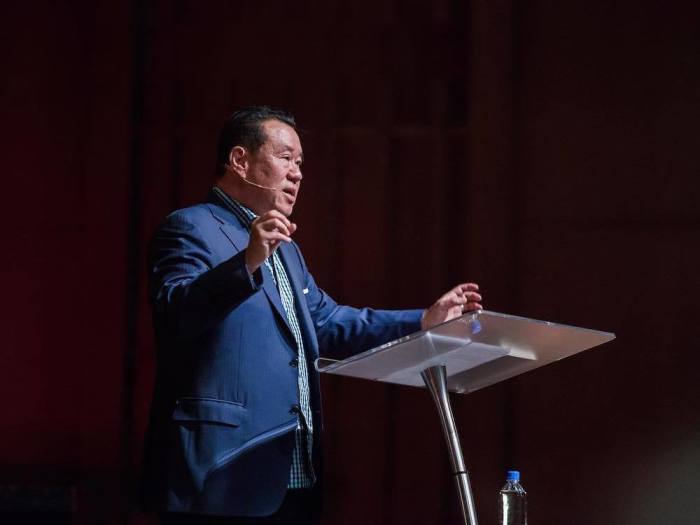Appeals court denies churches’ request for protection from California orders limiting in-person gatherings

An appeals court has refused to grant a request from multiple churches seeking protection from California’s COVID-19 shutdown orders limiting in-person gatherings.
Harvest Rock Church, Inc., and Harvest International Ministry, Inc., which includes multiple member churches, sued California, challenging limits on their in-person meetings.
A three judge panel of the United States Court of Appeals for the Ninth Circuit ruled 2-1 on Thursday to reject a request for an emergency injunction from the state orders.
The two-judge majority concluded that Harvest Rock and its ministries were not being unfairly treated compared to similar, secular entities under the meeting restrictions imposed by the state.
“The Orders apply the same restrictions to worship services as they do to other indoor congregate events, such as lectures and movie theaters. Some congregate activities are completely prohibited in every county, such as attending concerts and spectating sporting events,” read the majority.
“We also conclude that Harvest Rock failed to demonstrate that an injunction pending appeal is in the public interest. The Supreme Court considered and declined a similar request to enjoin application of California’s Orders as to worship services in South Bay United Pentecostal Church v. Newsom …”
The majority was comprised of Circuit Judges Johnnie Rawlinson and Morgan Christen, with a lengthy dissent authored by Circuit Judge Diarmuid O'Scannlain.
In his dissent, O’Scannlain noted that there were 18 counties in California where indoor religious worship was completely prohibited, yet plenty of secular practices allowed.
“Yet, in these same counties, the State still allows people to go indoors to: spend a day shopping in the mall, have their hair styled, get a manicure or pedicure, attend college classes, produce a television show or movie, participate in professional sports, wash their clothes at a laundromat, and even work in a meatpacking plant,” wrote O’Scannlain.
“The Constitution allows a State to impose certain calculated, neutral restrictions—even against churches and religious believers—necessary to combat emergent threats to public health. But the Constitution, emphatically, does not allow a State to pursue such measures against religious practices more aggressively than it does against comparable secular activities.”
Liberty Counsel, a conservative law firm representing Harvest Rock and its ministries, said in a statement Thursday that while the emergency injunction has been rejected, they will go forward with a preliminary injunction request.
“We are grateful for a strong dissent that points out the constitutional flaws of Gov. Newsom’s orders. We look forward to the next round at the Court of Appeals on the full merits of our request to block the First Amendment violations,” stated Liberty Counsel Chairman Mat Staver.
“While the virus does not discriminate between nonreligious and religious gatherings, Gov. Newsom does. The clear discrimination in his ‘Blueprint for a Safer Economy’ violates the First Amendment.”
In July, Harvest Rock Church and Harvest International Ministries, which has 162 member congregations in the state, sued California over orders aimed at curbing the spread of COVID-19.
These orders by Governor Gavin Newsom included a ban on indoor worship in assorted counties as well as a ban on in-person gatherings at homes, such as Bible studies.
California set up a website centered on its response to the pandemic. In the Q&A, the state explains that indoor worship services are permitted under certain circumstances.
“Places of worship such as churches, mosques, temples, and synagogues can open throughout the state, with modifications for safety,” noted the site under the question “Can I go to church?”
“In counties in the Widespread (purple) tier, indoor services in places of worship must be discontinued but outdoor and online services are permitted.”





























